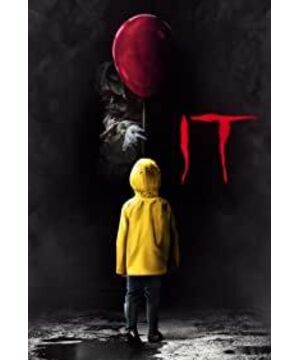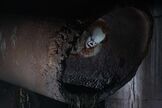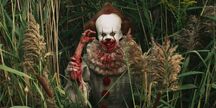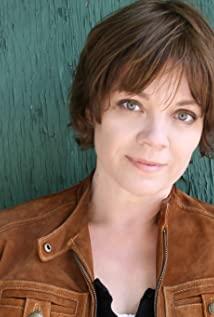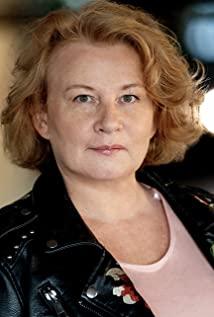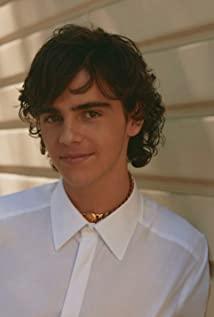I went to the cinema to watch it when it was released in 2017. I liked the movie very much at the time, and even felt inexplicably moved and wanted to cry at the end. The core of the movie I understand is how to face my fears, but I can’t tell why. Until recently I listened to the podcast and heard another story suddenly inspired, and finally understood where this movie touched me, so I wanted to write a film review as a record, purely recording my personal interpretation, although a few years have passed since the film. The specific plot has not been remembered clearly.
My interpretation is also because I was very interested in psychology during this period. I also went to psychological counseling for various reasons and re-understood myself. Combining all kinds of new cognitions, I think the whole story of this movie is actually full of metaphors.
What exactly is that
The children disappeared one after another, but the adults in the town didn't seem to notice anything. Many traumas are formed in childhood. Adults are more mature and stronger, or there are many people who are not affected by trauma. Are those missing children actually a metaphor for'suicide'? All the people swallowed by the clown float in the sewer that is neither old nor corrupt, just like the suicidal person has stopped at the moment of suicide forever.
The group of children in the movie is a bit like going through group therapy, or the group relationship makes them bravely face their fears together and kill the clown together.
The clip that touched me was at the end. Bill realized that the brother in front of him was not the real brother. He accepted the fact that the real brother was dead, and personally gave the clown a fatal blow.
The formation of trauma stems from personal real experience, but when the trauma is formed and has been affecting us, it is actually a part of the process of re-creation. Our perception of it and the original experience itself may have a certain degree. Deviation; if you allow the process of creation to hurt you, just like the clown becomes a dead brother at any time, Bill will still follow involuntarily, believing that the brother is not dead, he can make up for it, even if that is not the real brother at all. .
But when we can face it bravely, admit it, shatter the power you gave it to dominate yourself, shatter the right you gave it to make yourself feel fear, then we can escape its control.
View more about It reviews


